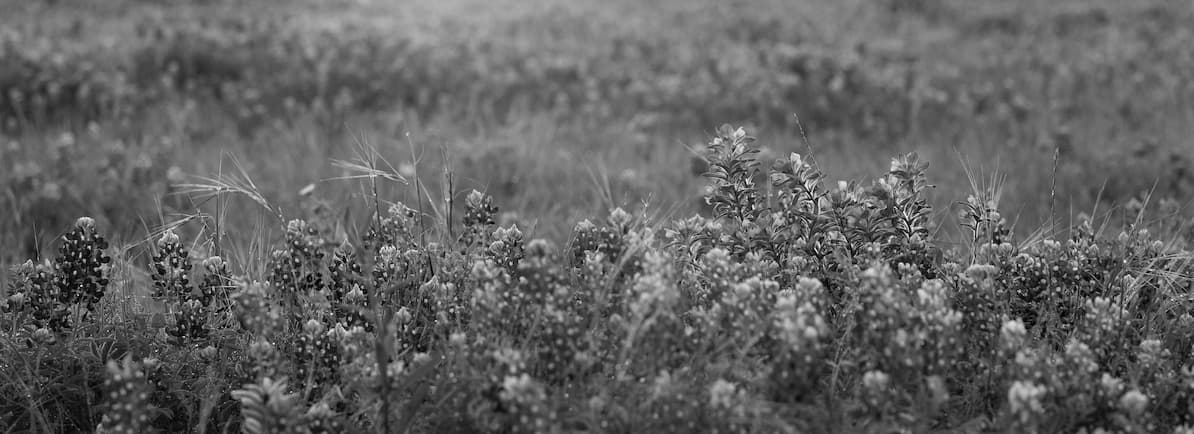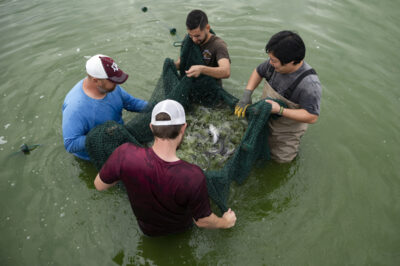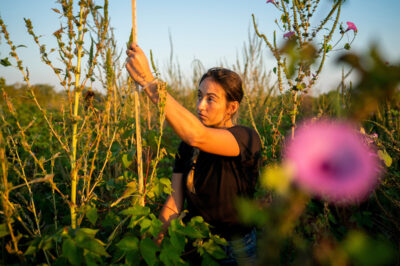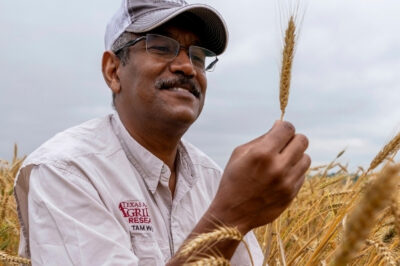Pastures & Forage
We cover a wide range of questions for cool-season and warm-season forage production for grazing or harvest. From soil testing to weed identification and forage variety selection, our educational resources cover topics that can guide optimal production for ranchers and forage producers.
Related Departments: Rangeland, Wildlife and Fisheries Management, Soil and Crop Sciences, Horticultural Sciences
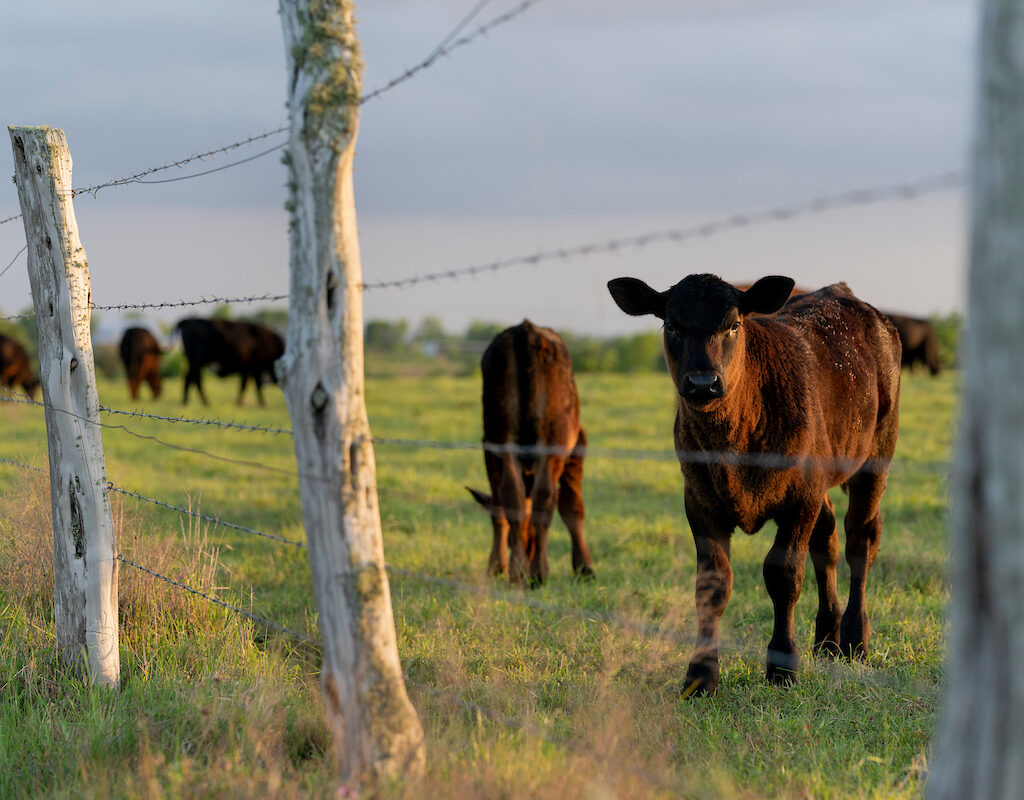
Soil, Water, and Forage Testing Lab
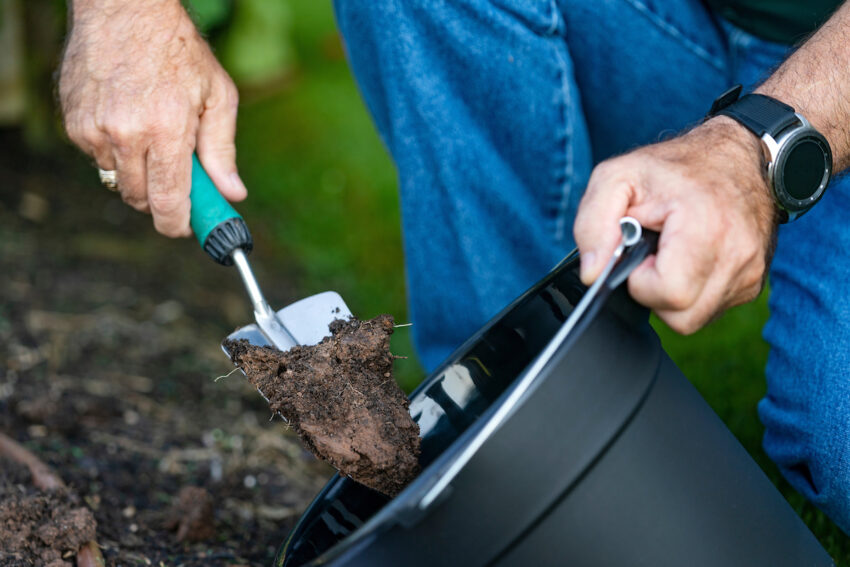
Learn About
Pastures & Forage
Programs
Courses
All Resources on Pastures & Forage
Become a nature watcher! Learn to tell the difference between different types of fish and animals by learning about animal species.

- Service
The Texas A&M Veterinary Medical Diagnostic Laboratory, TVMDL, offers four options to identify a plant and determine its toxicity.

- Program
Texas A&M AgriLife Foundation Seed produces and markets genetically pure seeds of new plant cultivars developed by scientists of Texas A&M AgriLife Research.

